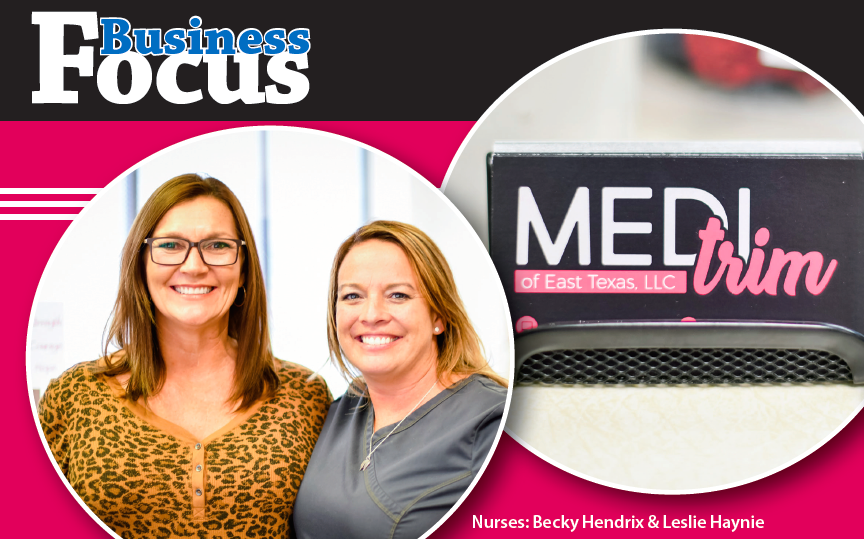Every October, women are reminded of the importance of having an annual mammogram. Early detection is key in fighting breast cancer; but is prevention possible?
“Women can take steps to mitigate their risk of developing breast cancer and increase their chances of survival if it occurs,” said Dr. Magda Ghobashy, diagnostic radiologist and medical director of Houston Methodist Breast Care Center at the Woodlands.
Statistically, risk factors are reduced when women take speci c steps toward prevention such as a focus on diet and exercise, which doctors attribute to a link between exercise and estrogen.
“Some studies estimate a 15–30 % risk reduction with moderate exercise, and the more a woman exercises, the more her breast cancer risk drops,” said Ghobashy. “Exercise is a huge factor when it comes to reducing a woman’s risk of breast cancer.”
According to doctors, increased exposure to estrogen during a woman’s lifetime generates a greater risk for breast cancer, however evidence-based studies indicate exercise suppresses estrogen production by promoting lean body mass.
Extra weight also increases a woman’s risk of developing various serious diseases including breast cancer, since women with more fat cells produce more estrogen and tend to have higher insulin levels. Both are linked to an increased breast cancer risk.
“Maintaining a healthy body weight, with a body mass index of 18.5–24.9, has many health bene ts,” Ghobashy said.
Other preventative steps include breastfeeding, limitingvalcohol intake, consuming olive oil as part of your diet,vand genetic testing to determine hereditary risk factors.
Doctors suggest a mammography screening is perhaps the most e ective tool available in diagnosing breast cancer during the early stages. It often detects breast cancer long before tumors are large enough to cause any symptoms or be felt.
“Studies show that screening mammography can help reduce the number of deaths from breast cancer, especially for women over age 50,” said Ghobashy.
Women are advised to schedule annual wellness checkups that include a mammogram starting at age 40.



